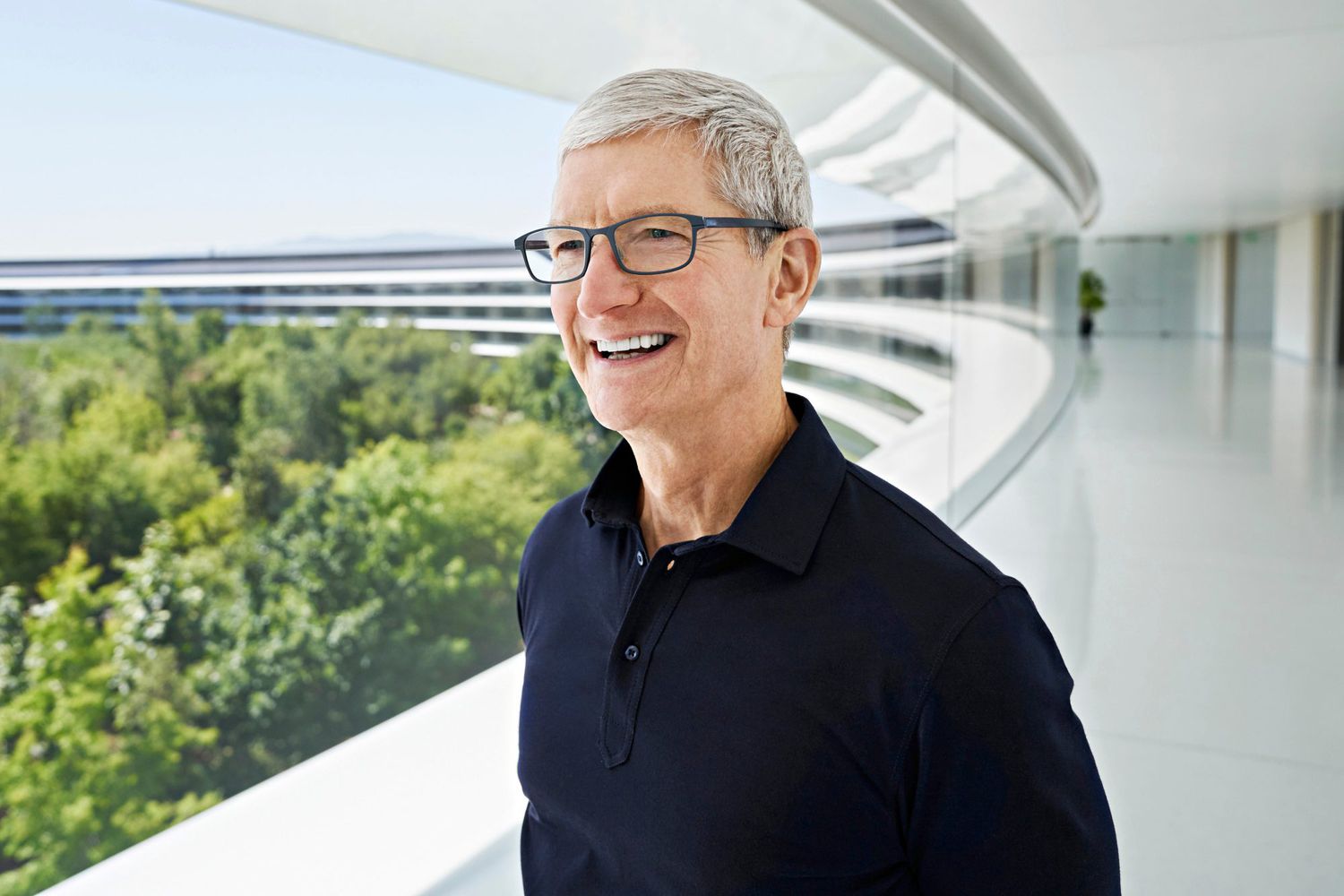Apple’s AI Efforts Trail Behind ChatGPT, But Experts Say It’s “Just a Matter of Time”
Apple’s long-anticipated entry into the generative AI space, Apple Intelligence, is reportedly behind industry leaders like OpenAI’s ChatGPT. According to internal studies highlighted by Bloomberg’s Mark Gurman, Apple’s AI tools are currently lagging by at least two years in comparison to competitors. The report claims that ChatGPT is about 25% more accurate and capable of answering 30% more questions than Apple’s current AI.
These findings suggest that Apple has significant ground to cover to compete with AI frontrunners. However, industry analysts are optimistic that Apple, known for entering markets late but excelling in execution, will close the gap. In his latest Power On newsletter, Gurman emphasized that despite its slow start, “it’s hard to count Apple out.” Apple’s strategy of introducing generative AI to its vast user base might play a decisive role in its catch-up game.
Behind the Leaders, But Not for Long
The internal research on Apple Intelligence, which is slated to be available to the public later this year, paints a picture of an AI program that, in its current form, falls short of the industry standard. According to the findings, OpenAI’s ChatGPT performs significantly better than Siri, Apple’s current voice assistant, in accuracy and scope. In particular, ChatGPT was 25% more accurate in providing correct answers and handled 30% more inquiries.
Gurman’s report also suggests that Apple’s generative AI is at least two years behind, with some inside the company believing that bridging the gap could take until 2026. While two years may seem like a long time, the rapidly evolving nature of AI means that developments could significantly accelerate Apple’s progress in closing that gap.
Even though Apple is currently lagging behind ChatGPT, optimism remains. Gurman emphasized Apple’s history of waiting to perfect technologies, stating that the company typically doesn’t rush to be the first in a market but often succeeds in delivering the best, most polished products once they do enter. Apple’s strategic advantage lies in its deep integration of hardware, software, and services, something that rivals like Google and Samsung will find difficult to match once Apple fully develops its AI tools.
Leveraging Apple’s Vast Ecosystem
One major advantage Apple has over its competitors is its massive user base and highly integrated ecosystem. With millions of devices running iOS, macOS, and iPadOS, Apple Intelligence has the potential to become a core part of the user experience on devices that people interact with daily. Gurman speculates that by 2026, almost every Apple device with a screen — including the iPhone SE and entry-level iPads — will run on Apple Intelligence. This broad rollout would make AI accessible to all Apple users and could significantly boost the reach of the technology.
This ability to instantly push AI updates to millions of devices gives Apple a significant leg up over competitors. Companies like Google and Samsung, with their more fragmented operating systems, face greater challenges in rolling out such updates seamlessly. In contrast, Apple’s closed ecosystem allows for a more consistent user experience, where hardware, software, and services work in sync.
Apple’s AI vision also aligns with the company’s marketing strategy. The iPhone 16’s promotional material describes Apple Intelligence as “AI for the rest of us,” positioning it as a tool that will make advanced AI accessible to everyday users, not just tech-savvy individuals or enterprises. This focus on ease of use is expected to be a key differentiator for Apple Intelligence, helping it stand out in an increasingly crowded AI marketplace.
A Delayed Start, But a Promising Future
Apple’s AI tools, while not yet on par with OpenAI’s or Google’s offerings, are expected to evolve quickly once they become available. With the official launch expected on October 28, Apple Intelligence is poised to enter the AI space with a splash. Given Apple’s reputation for refining and improving its products after launch, many believe the company will rapidly catch up to and possibly surpass its competitors.
While the road ahead is challenging, Apple’s strong track record in technology and its vast user base give it an edge that few other companies can match. With its deep pockets and relentless focus on integration, Apple Intelligence could become a serious player in the AI industry in the coming years.
In the high-stakes race to dominate the AI landscape, Apple may be starting from behind, but few doubt its ability to rise to the top. As Gurman aptly puts it: “It’s just a matter of time.”










